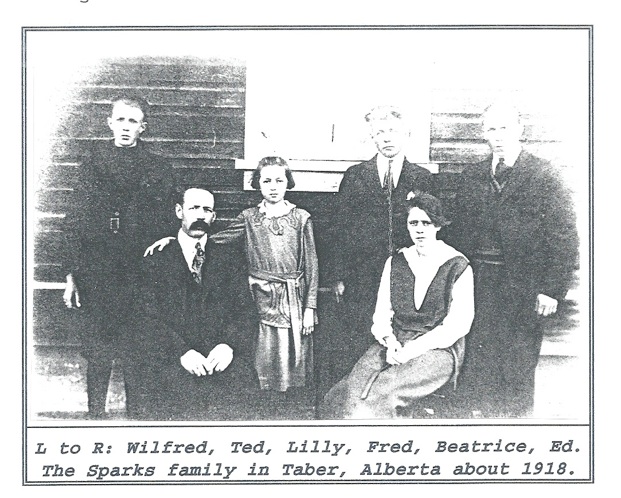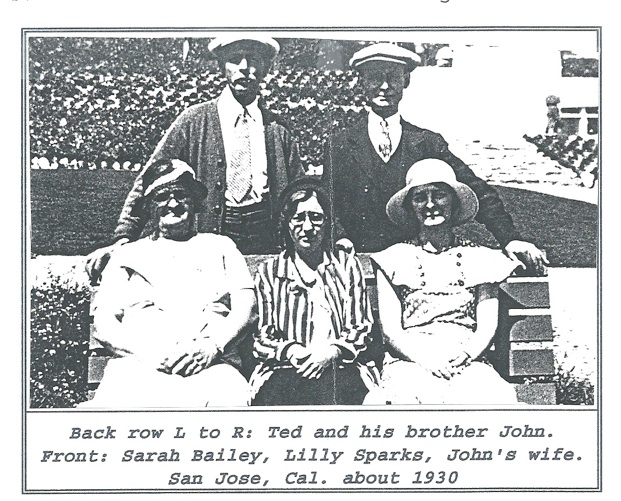

Deaf or blind creators in different fields provide a natural experiment, evidence for what kind of the skill - including social skill- is the specific ingredient of creativity in music, and what are specific to other fields. My point is not the pathos of difficult lives, nor the triumph of overcoming it. Are there great deaf poets? It has not been bruited about. There are no famous blind painters, to my knowledge whether painters were deaf no one seems to have regarded as a fact worth noticing. Its enormous length (the English translation is 700 pages) was held in memory by poetic/musical forms, in this case the thirty-one syllable waka, ancestral to haiku and other forms, an early hybrid between poetry and prose. In the fourteenth century until it was written down in the fifteenth, Heike Monogatari was recited by blind monks wearing Buddhist robes, accompanying themselves on the biwa or lute, called "biwa hoshi" or "biwa monks". There is a Japanese equivalent, blind reciters of The Tale of the Heike, the epic samurai history of the twelfth-century wars between the Heike and Genji clans. (And by the way, Milton's father was a composer.)Īmong blind poets there is famously Homer, although is it thought that "Homer" was the brand-name of a guild of blind reciters the formulaic epithets for heroic characters and wine-dark seas were memory-hooks for oral performance handed down over the decades. Like Beethoven, they could compose in their head. They are writers whose prose or verse had "music", as the 17th century would put it. Milton and Prescott are similarly stately writers of vivid material, readable even for the sound alone. This comes to some 300 words per day, a do-able process. Gibbon wasn't blind, but his method of composing was to form in his head his sonorous rhythmic sentences (his stately "periods" as his contemporaries would say): "cast a long paragraph in a single mould, to try it by my ear, to deposit it in my memory, but to suspend the action of the pen 'til I had given the last polish to my work." In this way he composed the most literary of all histories, the six volumes of Decline and Fall of the Roman Empire (2 million words, written during age 35-50). Without eyesight, he developed a phenomenal memory, and a prose style voluminous and eloquent. Prescott was nearly blinded in a college roughhouse went on to travel seeking original texts from the Spanish conquests of America, listening and writing with the help of amanuenses publishing The History of the Conquest of Mexico (1843) and Conquest of Peru (1847) when he was 47-51 years old.

Milton went blind at age 44 already a notable poet and political controversialist, he went on to compose Paradise Lost (written age 50-55) and Paradise Regained (published at 66, the year of his death). There are famous blind creators, chiefly in literature. It would be near fatal for a composer to be blind.
1700s music prodigy played symphony memory heard once how to#
How else would you know whether to have an orchestra perform it? Hence the importance of seeing: reading a score, envisioning how to write down the music in one's head. Meeting Carl Maria von Weber, whose revolutionary opera Der Freischutz created a stir, Beethoven embraced him enthusiastically with the words "So you're the very devil of a fellow I've been hearing about!" He could hear the music in his head by reading a score- like all classical composers, who "auditioned" each other's music from their scores. Companions described him as humming and howling to himself while walking in the countryside, returning to his piano to work out the fingering- it was his "Appassionata Sonata".


At death he left unfinished his monument of musical puzzles, The Art of the Fugue, on which he had been working since 55.Ĭan we conclude, it is more important for a composer to see than hear?īeethoven could hear neither music nor conversation but he spoke to others, reading their words on scribbled notes. Johann Sebastian Bach fell ill in his 64th year next year his vision was nearly gone he died at 65 "after two unsuccessful operations for a cataract." At 62 he was still producing great works at 64 he finished assembling the pieces of his B Minor Mass (recycling his older works being his modus operandi).


 0 kommentar(er)
0 kommentar(er)
